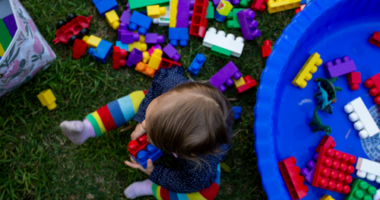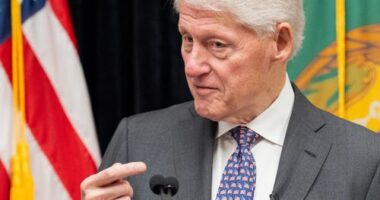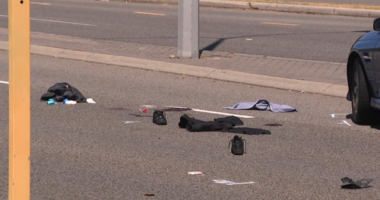Share this @internewscast.com
“I believe extending enfranchisement to as many Australians as feasible, including young individuals, is important to ensure those affected by government decisions have a voice in those matters,” Ryan mentioned to SBS News.
In Australia, decreasing the voting age would necessitate altering the Commonwealth Electoral Act of 1917 through federal legislation, which requires backing from the federal government—a stance the Albanese government currently does not support.
What would happen if Australia lowered its voting age?
Across the democratic world, there is a trend that young voters tend to prefer left and centre-left parties and candidates more than older voters.
The study found that no other generation included in the research had such a strong political preference at the same stage of life.
“They will have a minimal impact on vote shares [in the UK], and only in the most extreme (and unlikely) case where all 16 and 17-year-olds participate in voting and choose the same option,” she explained in The Guardian.
Are there problems with lowering the voting age?
She said support is slightly higher among young people, but still a minority, at 20 to 30 per cent in favour.
Young people aged 16 and older were more evenly split — 52 per cent said they thought they should have been able to vote at 16, while 48 per cent said they should not have been able to.
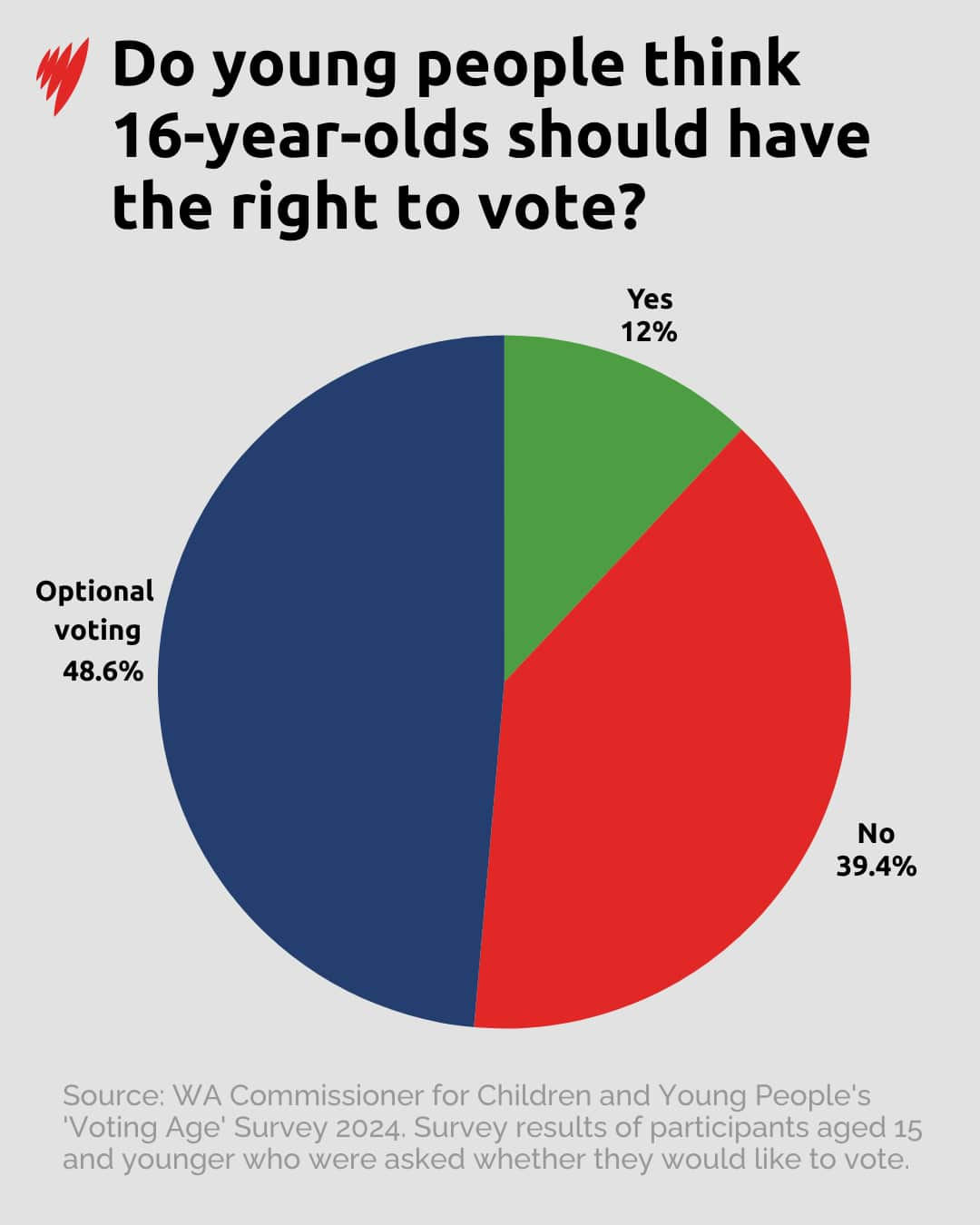
A 2024 study from the Western Australian Commissioner for Children and Young People found overall support for lowering the voting age in Australia among those aged 15 and under. Source: SBS News
A key point of contention is how the policy would be implemented, with debate around whether 16 and 17-year-olds would be subject to Australia’s compulsory voting laws.
Ryan said she is in favour of compulsory voting for those aged 16 and above, but would support waiving fines for those under 18.
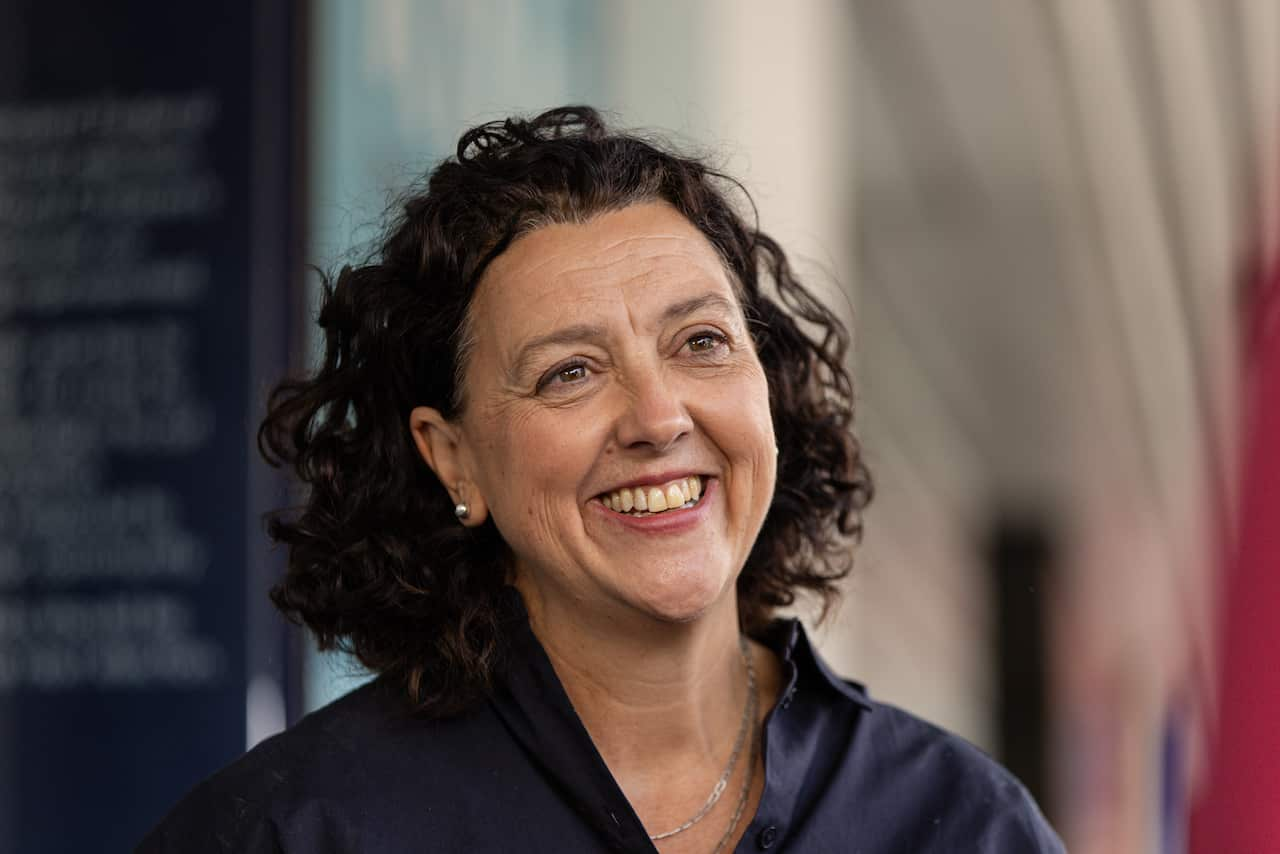
Independent MP Monique Ryan has been advocating for the voting age to be lowered since before she was elected and says young people should “have a say in who represents them”. Source: AAP / Diego Fedele
Where do the pollies stand on it?
Just this week, Greens MLC Robert Simms called for the South Australian state government to lower the voting age for state and local elections.

